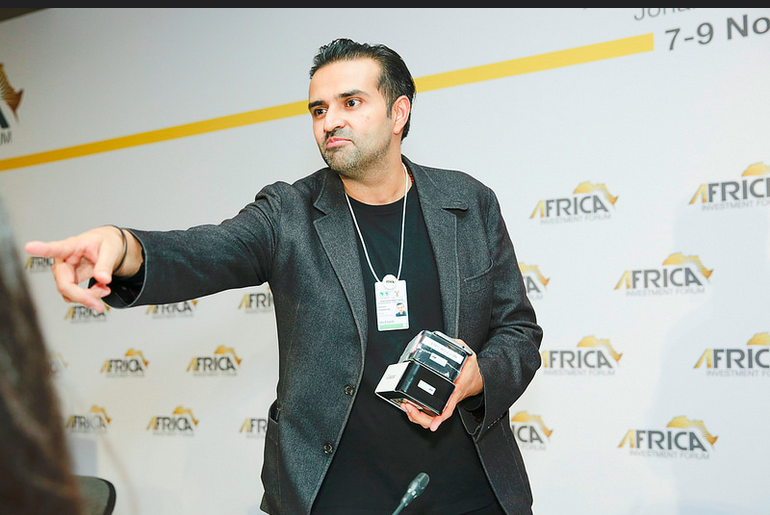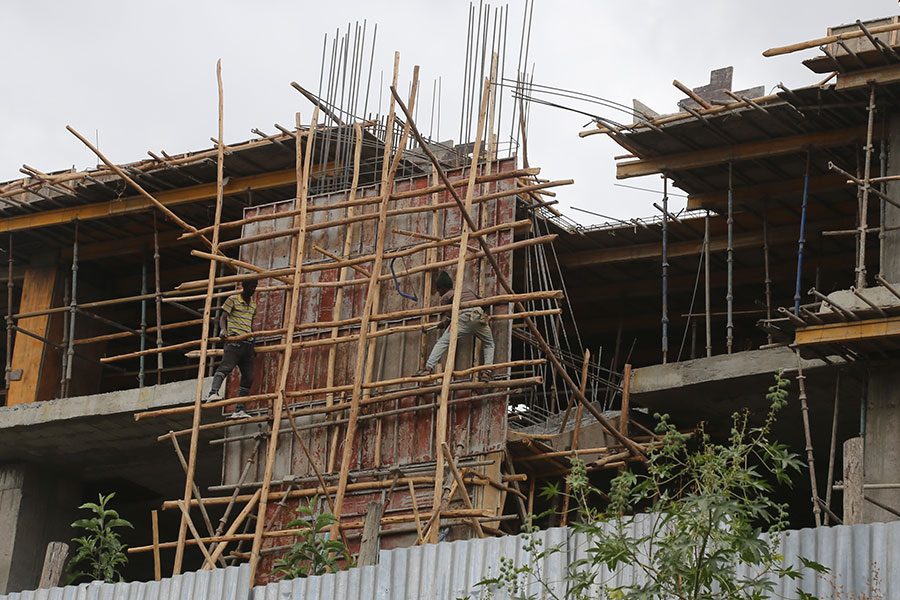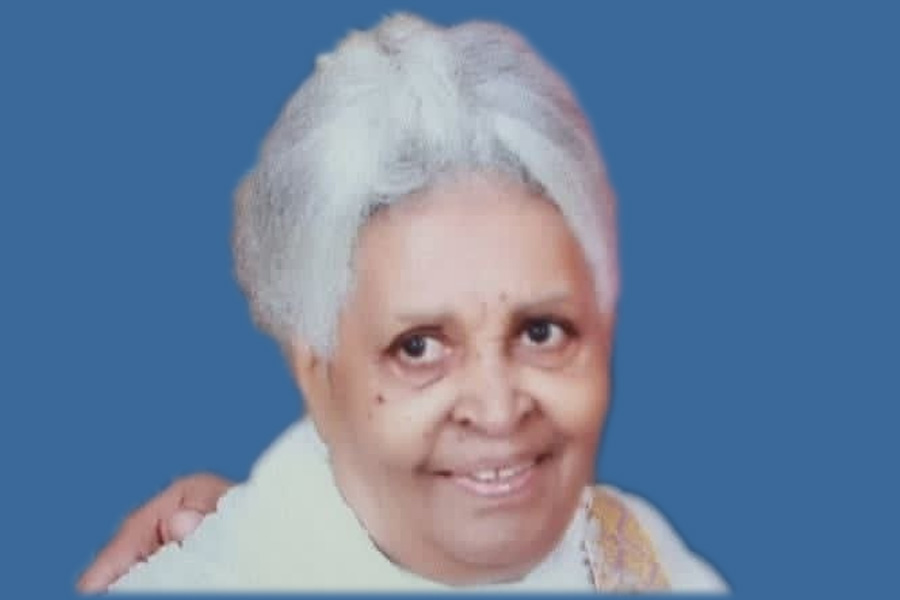
Life Matters | Jan 31,2021
Nov 23 , 2024
By Eden Sahle
Returning to social media after a three-year hiatus, I anticipated updates from friends, snapshots of celebrations, and a dose of positivity. What I did not expect was a video that would grip me with despair and force a profound reflection on the state of humanity.
The video captured an elderly woman—possibly in her 80s—trying to buy a meal with a 10 Br note. Her frailty was heart-wrenching: sunken cheeks, hollow eyes, and the skeletal frame of someone long forgotten by society. Clutching a tattered plastic sack containing nothing of value, she approached a waiter at the gate of a restaurant, pleading for food.

His reaction was chillingly indifferent. He rejected her request with an air of disdain, denying not just her plea but her dignity. She turned away defeated, with her empty sack dragging behind her. For days, the image haunted me, sparking thoughts like if she found something to eat and if I could have done something.
The video was more than a personal tragedy—it was a mirror reflecting a society that has grown desensitized to suffering. Hunger is not a new issue, but what unsettles me is our collective apathy. How did we, as a community, lose our compassion?
It is particularly painful to see children and the elderly begging for food. These are the most vulnerable. Children, unable to fend for themselves, are victims of systemic failures. The elderly are left abandoned by systems and communities that should uphold their dignity. Their plight is compounded by age, poor health, and the absence of any safety net.
Kindness does not require wealth. A single meal or warm clothing can make a world of difference. I learned this from my late father, who instilled in me the joy of easing others’ suffering. Continuing his legacy of helping the needy has been both my source of comfort and a way to honour his memory.
Over the years, I have witnessed how small acts of generosity can transform lives. Among those I have supported financially, one has gone on to pursue a medical degree, turning his gratitude into action by treating the sick. Such stories are a testament to the ripple effects of compassion—it multiplies, changing lives in unexpected ways.
While individual efforts are powerful, systemic solutions are crucial to address the root causes of hunger and neglect. Ethiopia needs a robust social welfare system to protect its most vulnerable. Community food banks, mobile food units, and digital platforms connecting donors to those in need can all play a role. Surplus food from businesses and producers could be redirected to feed the hungry, creating a sustainable support network.
But systemic change requires more than logistics—it demands a cultural shift. Compassion must be cultivated, starting with education. Teaching empathy and modelling kindness can create a ripple effect, inspiring others to act.

Videos like the one I saw should do more than shock us; it should compel us to make a difference.
I have chosen to channel the sorrow evoked by that video into action—helping more than I ever have before. Imagine a country where no one begs for food, where children and elders are cherished, and where dignity is a given, not a privilege. This vision requires a collective effort, beginning with a simple question of what can I do today to help someone in need.
As the saying goes, “A society’s greatness is measured by how it treats its weakest members.” The hungry children, elderly, and marginalised are a call to action, a reminder of our shared humanity.
PUBLISHED ON
Nov 23,2024 [ VOL
25 , NO
1282]

Life Matters | Jan 31,2021


Sunday with Eden | Mar 09,2024

Sunday with Eden | Oct 05,2024

Featured | Nov 21,2018

View From Arada | Apr 13,2019

Life Matters | Mar 27,2021

Fortune News | Nov 12,2022

Sunday with Eden | Dec 11,2020

Viewpoints | Dec 24,2022

My Opinion | 118907 Views | Aug 14,2021

My Opinion | 114962 Views | Aug 21,2021

My Opinion | 113704 Views | Sep 10,2021

My Opinion | 111620 Views | Aug 07,2021
Life Matters | Dec 21,2024
Agenda | Dec 22,2024

Dec 22 , 2024 . By TIZITA SHEWAFERAW
Charged with transforming colossal state-owned enterprises into modern and competitiv...

Aug 18 , 2024 . By AKSAH ITALO
Although predictable Yonas Zerihun's job in the ride-hailing service is not immune to...

Jul 28 , 2024 . By TIZITA SHEWAFERAW
Unhabitual, perhaps too many, Samuel Gebreyohannes, 38, used to occasionally enjoy a couple of beers at breakfast. However, he recently swit...

Jul 13 , 2024 . By AKSAH ITALO
Investors who rely on tractors, trucks, and field vehicles for commuting, transporting commodities, and f...

Dec 21 , 2024
The main avenues and thoroughfares of Addis Abeba have undergone an impressive faceli...

Dec 14 , 2024
Ethiopia's monetary policy has shifted conspicuously in recent years. Gone is the era...

Dec 7 , 2024
For decades the Ethiopian Petroleum Supply Enterprise (EPSE), a state-owned giant ent...

Nov 30 , 2024
In the corridors of government offices worldwide, the question of how much to pay mem...

Dec 22 , 2024 . By AKSAH ITALO
The Harer city administration has shut down 43 bank branches, including those of Comm...

Dec 22 , 2024 . By BEZAWIT HULUAGER
The Addis Abeba Revenue Bureau's new salary standards for tax purposes have caused ba...

Dec 22 , 2024 . By BEZAWIT HULUAGER
An audit report presented to Parliament last week revealed financial irregularities a...

Dec 22 , 2024 . By AKSAH ITALO
The legal battle between BGI Ethiopia, a leading brewery, and Zewdnesh G. Asrat has c...